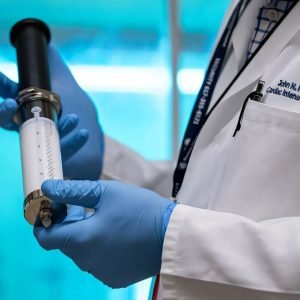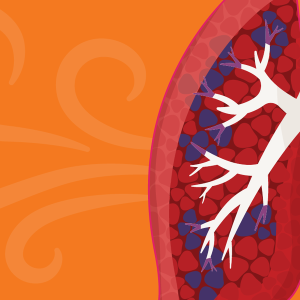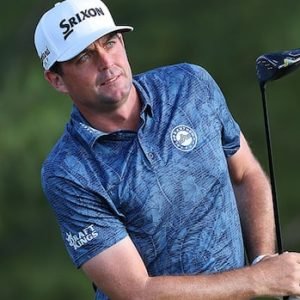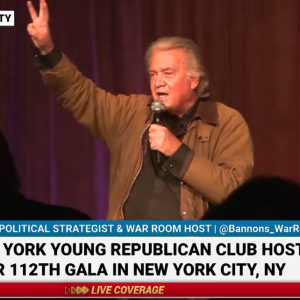
In over 30 years of practice, Dr. Errol Billinkoff rarely saw a man without kids come into his Winnipeg clinic to get a vasectomy. But since the pandemic began, he says it’s become an almost daily occurrence.
And he’s not alone.
“At first, I thought I was the only one who was noticing this,” Billinkoff, who brought a no-scalpel vasectomy procedure to Winnipeg in the early 1990s, told CBC News in a November interview.
“But I am part of an international chat group where doctors who do vasectomies participate and the topic came up, and it’s like everybody notices it.”
Other Canadian doctors, like Dr. Pierre Boucher in Montreal and Dr. Neil Pollock in Vancouver, perform thousands of vasectomies a year. Both told CBC news they’ve noticed a similar trend at their practices.
Their observations coincide with Canada’s steeply declining fertility rate. In 2023, that rate was 1.26 children born per woman – Canada’s lowest on record, according to Statistics Canada.
In 2019, the fertility rate was 1.47.
Economy, climate change factors
All three doctors say they’ve noticed three overarching reasons men who don’t have kids give for getting the snip: the economy, climate change and wanting more freedom.
Doctors across the country say more younger, childless men are undergoing vasectomies. CBC reporter Cory Funk talks with experts to learn why.
All those things played into Ian Clements’s decision to get a vasectomy.
“Even as a teenager, the thought of having kids was just terrifying for me,” he told CBC.
But there were other reasons too.

He got the procedure at 30, spurred in part by how difficult it was for his girlfriend at the time to find birth control that worked for her.
“So that was my tipping point. It was kind of helping me help my partner.”
Daniel Kinley got his vasectomy earlier this year.
Neither he nor his fiancée want kids. Together, they decided it was easier for him to take on the responsibility for birth control.
Kinley went through a brief period of wanting kids, but changed his mind as he struggled to get a foothold in the economy, he said.
“I have very mild autism, and it was very difficult for me to find a job for many years, and it’s all a little difficult now as a 34-year-old.”

Both Kinley and Clements are part of a growing group of people who publicly identify as choosing not to have kids, says Michigan State University’s Zachary Neal.
“We do know that men are very slightly more likely to say they don’t want children,” said Neal, a psychology professor who has seen people who decide not to have children.
“But what we don’t know is if this is a true increase in the number of people who don’t want children, or if more people are comfortable saying they don’t want children.”
Neal says it’s possible there have always been a significant number of people who didn’t want kids, but stigma has kept them from saying so.
“We certainly think that as people see more child-free individuals expressing this choice, they see it as a more acceptable life course to choose. And that may partly explain the increase in numbers we’re seeing.”

Historically, physicians have refused to perform vasectomies on young childless men, and many still do, said Bilinkoff.
The conventional wisdom is that the younger a patient is, the more likely they are to regret their decision down the road, he said. Physicians try to protect patients from that future regret.
But as more men like Clements and Kinley come in for vasectomies, Billinkoff says he and other physicians are changing their approach.
“I used to pretty much refuse it,” he said of performing the procedure for younger men.
But “more and more, we’re realizing that it’s not really our choice, but it’s really their choice.”








